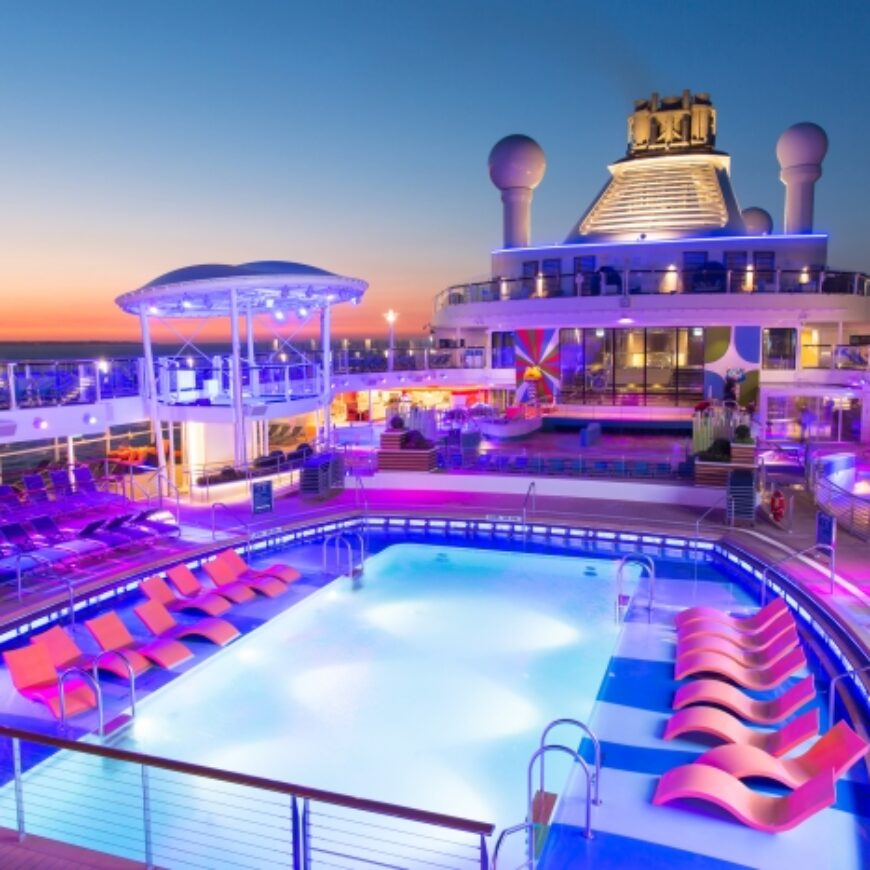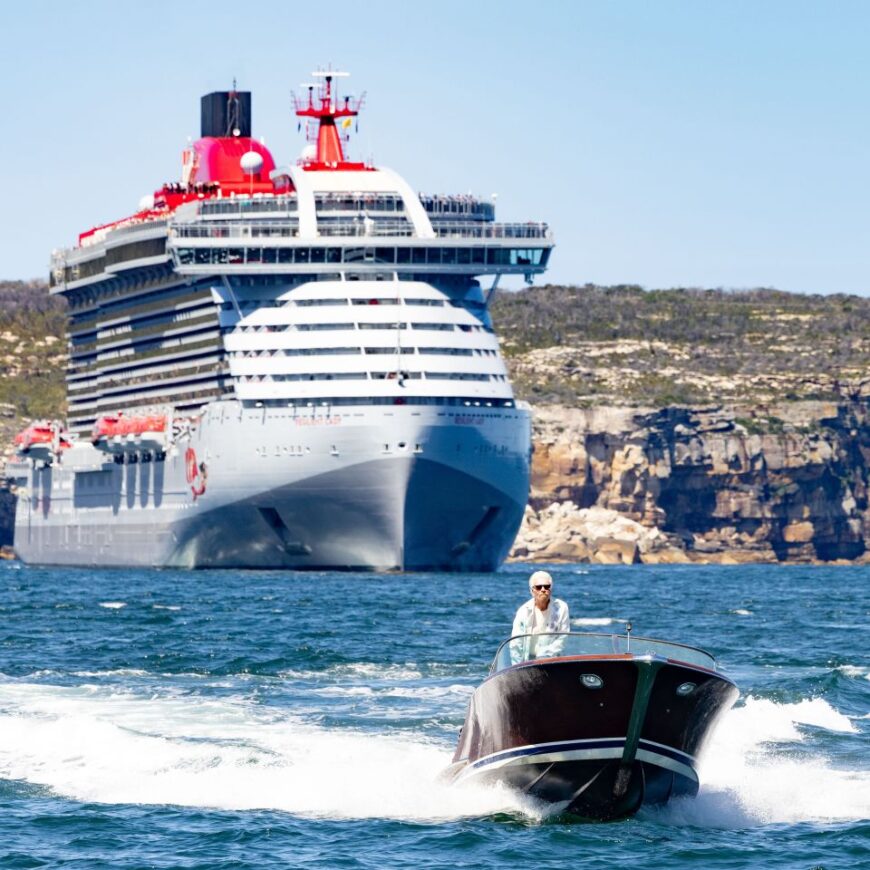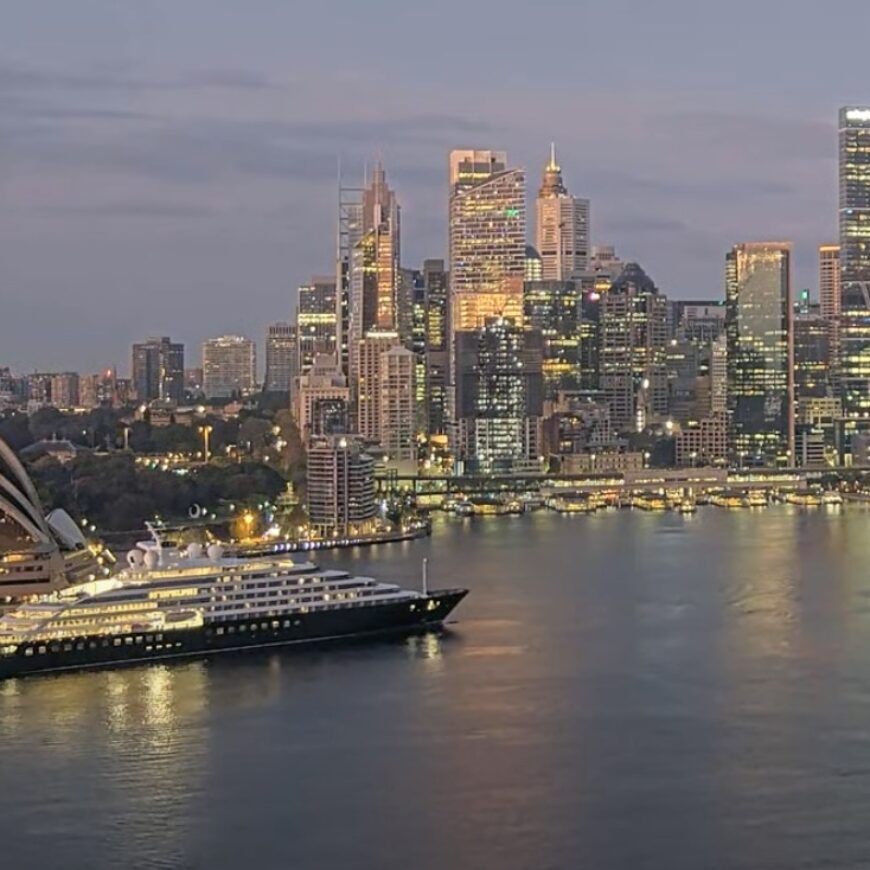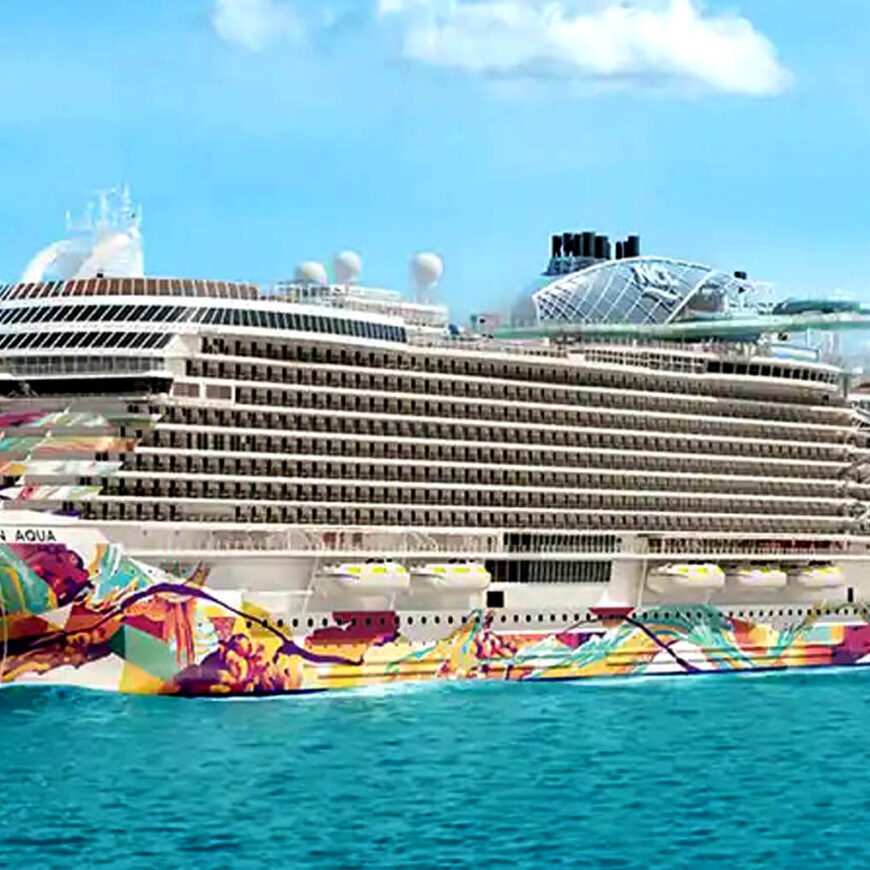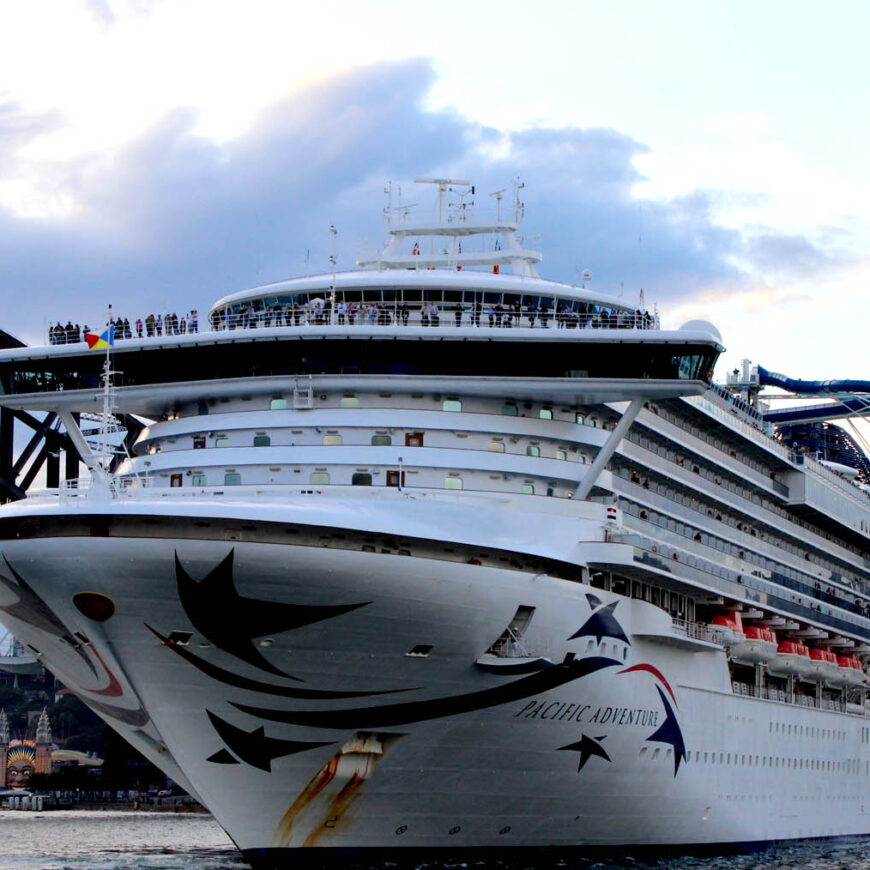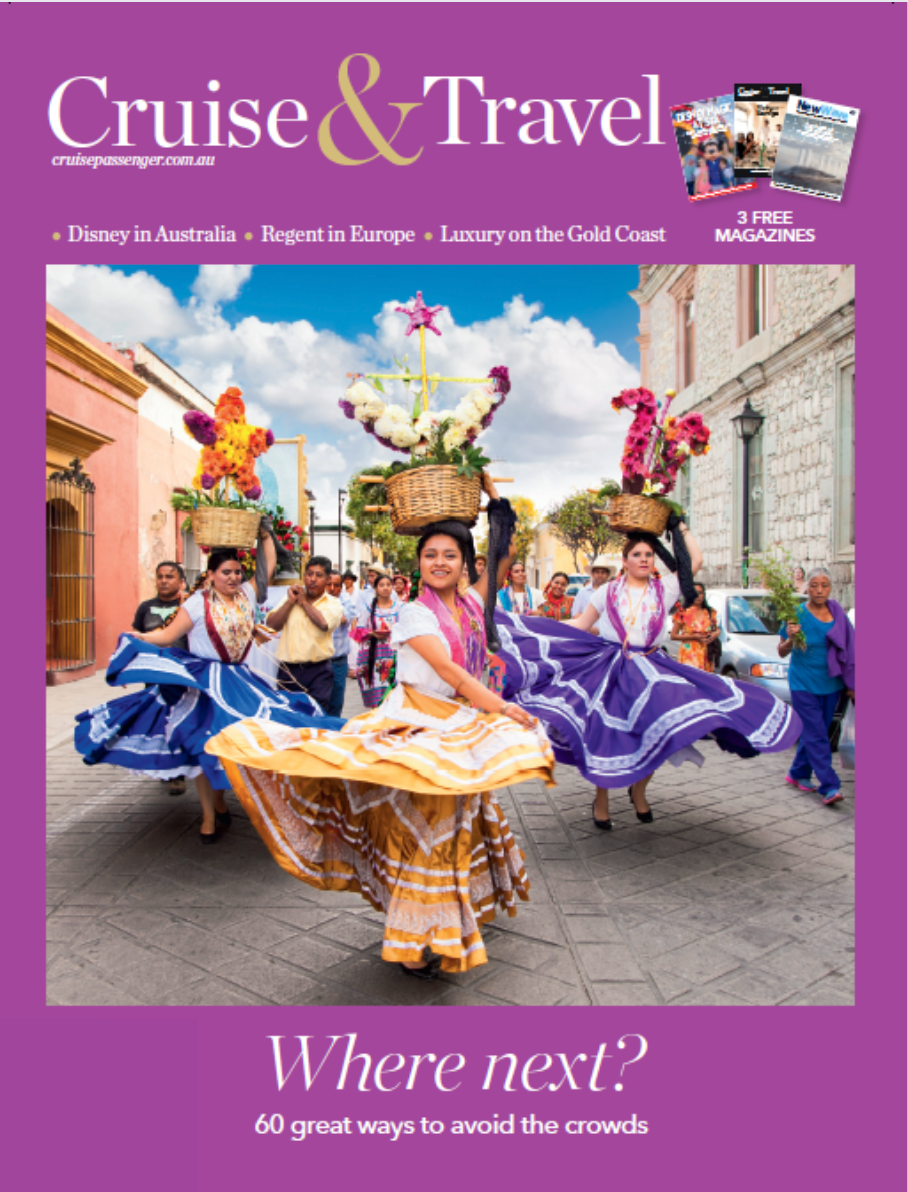Cruise ships may face speed limit, meaning longer sea days and fewer port calls
NewsCruisers may be facing longer sea days and fewer stops at ports under a new proposal for the first speed limits for passenger ships.
The International Maritime Organisation (IMO), the UN’s shipping based regulator will debate a proposal, which is being presented by France, next month to enforce speed limits on ships to help the industry meet an international target of halving its greenhouse emissions by 2050.
The 2008 financial crisis forced cargo ships to slow down to save money on fuel, but in recent years, the larger container ships have begun to increase speed. The new proposed limit will restrict them to their present average of about 16knots. Previously they travelled at up to 24 knots.
But the biggest impact would be on the cruise industry, where ships average speeds of about 15 knots and a top speed of 22 knots.
In some countries, cruise ships already have an enforced speed limit – in Canada, it’s to protect whales from ships strikes and in the Norwegian fjords to reduce pollution.
The French proposal, which would introduce the first limits in international waters, says that “speed reduction leads to a significant emissions reduction and it can be implemented quickly: it is the only measure that requires little or no technical adaptation of the ships”.
A spokesperson from Carnival Corporation in the United Kingdom said it would be following the debate closely. The spokeswoman said it already aimed to achieve the “optimum speed between one port and another for maximum guest comfort and efficiency of fuel and also making the best use of the time in port for guest experience”. It declined to say how much fuel it used per passenger.
A CLIA spokesperson said the association would be monitoring the debate closely.

